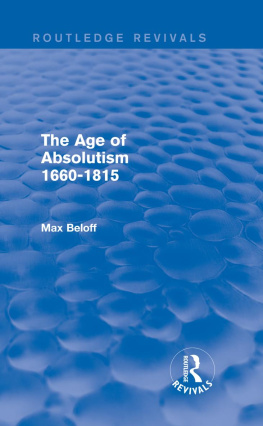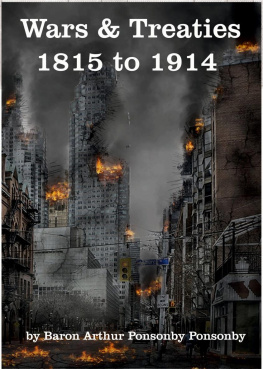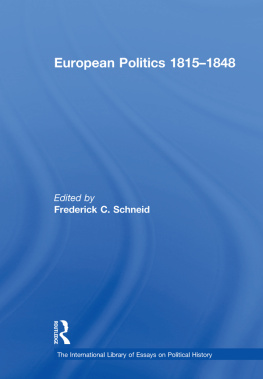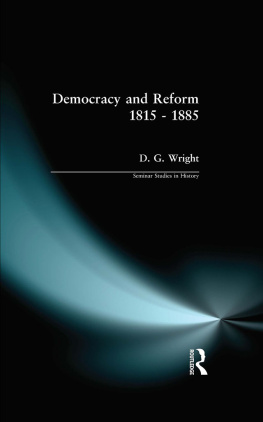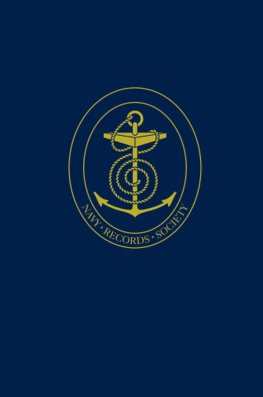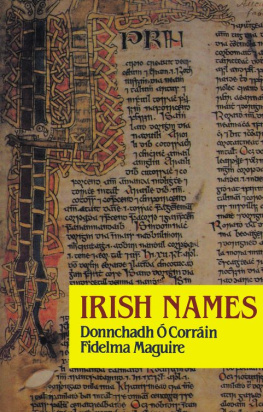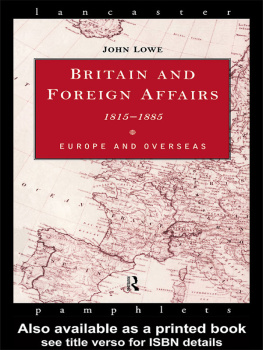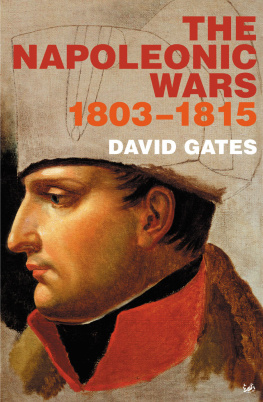Fgradh, Fisneachd, Filidheachd
An t-Urr. Donnchadh Blrach (1815-1893)
ann am Mac-Talla
Parting, Prophecy, Poetry
Rev. Duncan B. Blair (1815-1893)
in Mac-Talla
Fgradh, Fisneachd, Filidheachd
An t-Urr. Donnchadh Blrach (1815-1893)
ann am Mac-Talla
Parting, Prophecy, Poetry
Rev. Duncan B. Blair (1815-1893)
in Mac-Talla
Deasaichte le Seonaidh Ailig Mac a Phearsain
agus Mcheal Linkletter
Edited and Translated
by John A. Macpherson and Michael Linkletter
Cape Breton University Press
Sydney, Nova Scotia, Canada
Copyright 2013 Cape Breton University Press
All rights reserved. No part of this work may be reproduced or used in any form or by any means, electronic or mechanical, including photocopying, recording or any information storage or retrieval system, without the prior written permission of the publisher. Responsibility for the research and the permissions obtained for this publication rests with the editors. CBU Press recognizes fair dealing uses under the Copyright Act (Canada).
Cape Breton University Press recognizes the support of the Province of Nova Scotia, through the Department of Communities, Culture and Heritage and the support received for its publishing program from the Canada Council for the Arts Block Grants Program. We are pleased to work in partnership with these bodies to develop and promote our cultural resources.
Cover design: Cathy MacLean Design, Chticamp, NS
Cover Images: Mac-Talla scans courtesy the Beaton Institute, Cape Breton University; Photo of Gualachaolish, Isle of Mull, by Mike Hunter
Layout: Mike Hunter, Port Hawkesbury and Sydney, NS
eBook development: WildElement.ca
First printed in Canada
Library and Archives Canada Cataloguing in Publication
Blair, Duncan B., 1815-1893
Fgradh, fisneachd, filidheachd an t-urr. Donnchadh Blrach (1815-1893)
ann am Mac-Talla / deasaichte le Seonaidh Ailig Mac a Phearsain agus
Mcheal Linkletter = Parting, prophecy, poetry, Rev. Duncan B. Blair
(1815-1893) in Mac-Talla / edited and translated by John A. MacPherson and
Michael Linkletter.
Includes bibliographical references.
Text in Scots Gaelic and English.
ISBN 978-1-927492-43-7 (pbk.)
ISBN 978-1-927492-44-4 (web pdf.)
ISBN 978-1-927492-45-1 (epub.)
ISBN 978-1-927492-46-8 (mobi.)
I. MacPherson, John A., 1937-, editor of compilation, translator
II. Linkletter, Michael, 1971- editor of compilation, translator
III. Title. IV. Title: Parting, prophecy, poetry, Rev. Duncan B. Blair
(1815-1893) in Mac-Talla. V. Title: Mac-Talla (Sydney, Nova Scotia).
PS8453.L35F67 2013 C814.4 C2013-903766-7
Cape Breton University Press
PO Box 5300, Sydney, Nova Scotia B1P 6L2 Canada
CLR-INNSE/CONTENTS
FOREWORD
I n June 1892, on the front page of the third issue of the newspaper Mac-Talla , Rev. Duncan Blair extended this welcome to the paper:
I am delighted to see a new Gaelic newspaper called Mac-Talla (Echo). I hope it will be supported by the Gaels in this new country, so that it will respond to the Gaelic on the other side of the vast ocean that separates us from the land of the bens, where our ancestors lived of old and where some of us were also reared.
I am sorry to see the foreign word subscriber at the front of the paper, as if the Gaelic was so poor and lacking in vocabulary that it needs to borrow words from the language of the Lowlanders. I would say gabhaltaiche, or gabhaltaichean , for the person or persons who buy the paper. The words mean those who rent a piece of land. Isnt it also appropriate for those who subscribe to Mac-Talla ? Isnt the yearly rent requested for it half a dollar? It is not a big rent and it will not bankrupt any Gael who pays it, no matter how limited the purse is. I hope therefore that it will not be difficult to find five hundred subscribers to Mac-Talla .
For a whole year following this letter Blair enthusiastically supplied the publisher with prose and poetry. But at the beginning of June 1893 he wrote another letter to the editor saying: I have been ill for a fortnight. I am weak, weak, and I cannot put writing or ideas together. Consequently I cannot write anything for Mac-Talla until I feel better. I am glad that it looks as if Mac-Talla will expand this year.
Before the letter reached its destination Blair was interred in his grave and in the next issue of the paper the editor, Jonathan MacKinnon, paid him this tribute:
The Rev. D. B. Blair was born in the County of Argyll in 1815, on the first day of the last month of summer. He first went to school when he was eight years old and within a year he was able to read the Bible in both English and Gaelic. When he was still quite young, his father moved to Laggan in Badenoch, and when he was twenty years old he went to Edinburgh University.
He was licensed to preach in 1844, and two years later he came to Nova Scotia. He preached at Barneys River for the first time on September 22nd, 1846, and a month later he was installed in that parish, where he stayed until the time of his death. He preached more than 5,000 sermons, and his achievements were deemed formidable. He was an excellent scholar with expertise in Hebrew, Greek, Latin and English, but he was particularly dedicated to writing in Gaelic. He left behind him a large collection of writings, including a Gaelic Grammar and the Psalms of David in Gaelic. We hope they will all be looked after with care and that they will be published before long.
Mac-Talla had no friend who gave it a more hearty welcome, or did more to keep it alive, than Dr. Blair. When we look over the issues of the past year, we see that that there is hardly any without a contribution from his pen. The Highland Clearances, The Brahan Seer, and his other historical accounts appealed greatly to those who read them.
Two weeks after Blair welcomed Mac-Talla he wrote a column under the heading Gaelic self-sustainability. Here is part of that column:
Gaelic does not need borrowed words, as does English, which is made up of words borrowed from every language on earth, from Latin, Greek, Gaelic and many other languages. It is easy to devise new Gaelic words from roots within the language itself. It doesnt need to depend on seeking loans from any other language.
Except for Greek and German there is no other language to be found in which it is easier to develop new words than Gaelic, from its own internal roots. That can be seen if one observes the words that were used by the ancient Greeks, when the gospel first came to them, and when they had to create new vocabulary to explain the gospels mysteries; and particularly the mystery of the Saviours humanity. It is easy enough to put these words into Gaelic that will be understandable to everyone who has a proper knowledge of the language and knows its rules.
The Greeks used many words, which they considered appropriate, to explain this great mystery that the son of God was made man. The words that they used most frequently were Sarcosis and Ensarcosis . In Gaelic that is Feil-ghabhail or Feilneachadh , which is Incarnation in English, from the Latin Incarnatio.
...We see from this how self-sustaining Gaelic is, how extensive in vocabulary, adroit and versatile and how easy it is to create new and pertinent expressions in accordance with the sense and nature of the language.


